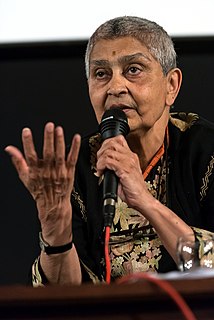A Quote by Anton Chekhov
I agree that one can't dispense with the reins and the whip altogether, for knaves find their way even into literature, but no thinking will discover a better police for literature than the critics and the author's own conscience.
Related Quotes
There are three difficulties in authorship;-to write any thing worth the publishing-to find honest men to publish it -and to get sensible men to read it. Literature has now become a game; in which the Booksellers are the Kings; The Critics the Knaves; the Public, the Pack; and the poor Author, the mere table, or the Thing played upon.
It seems to me that literature is giving way a little bit to the immediacy of other diversions, other forms of entertainment. What will it be in fifty years? I don't know. Will there be printed books? Probably, but I'm not sure. There's always going to be literature, though. I believe that. I think literature has a way of getting deep into people and being essential. Literature has its own powers.
For the judging of contemporary literature the only test is one's personal taste. If you much like a new book, you must call it literature even though you find no other soul to agree with you, and if you dislike a book you must declare that it is not literature though a million voices should shout you that you are wrong. The ultimate decision will be made by Time.
Literature cannot develop between the categories "permitted"—"not permitted"—"this you can and that you can't." Literature that is not the air of its contemporary society, that dares not warn in time against threatening moral and social dangers, such literature does not deserve the name of literature; it is only a facade. Such literature loses the confidence of its own people, and its published works are used as waste paper instead of being read. -Letter to the Fourth National Congress of Soviet Writers




































